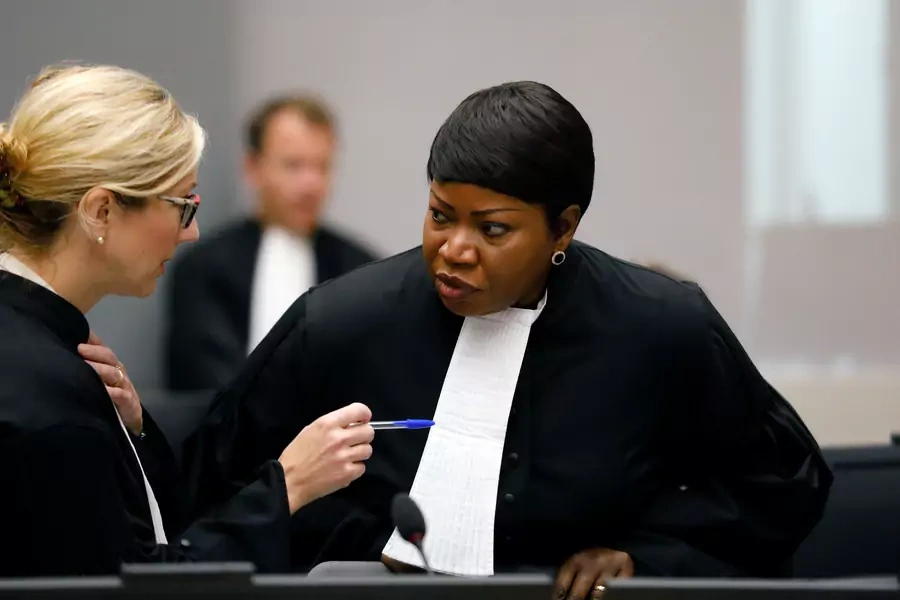The ICC, the Trump Administration, and Africa

On November 2—the day before the U.S. presidential election—more than seventy-one states party to the treaty that established the International Criminal Court (ICC) issued a statement in a UN General Assembly plenary session that affirmed their commitment "to preserve the tribunal's independence undeterred by any measures or threats against the Court, its officials, and those cooperating with it." Though the statement did not mention the United States, it was a response to the Trump administration's sanctions against the court's chief prosecutor, Fatou Bensouda, and other ICC personnel. The statement was supported by NATO member states—except the United States—as well as by most other U.S. allies and friends. It was also supported by Nigeria, South Africa, and other African states.
The 1998 Rome Statute established the ICC as a mechanism for holding governments accountable for crimes against humanity and genocide. A total of 123 states are party to it. In effect, it imposes limits on the national sovereignty of those states that accept its jurisdiction. Under President Bill Clinton, the United States signed [PDF] the Rome Statute. However, the George W. Bush administration declined to submit it to the Senate for ratification, and no U.S. administration has accepted ICC jurisdiction over the country or its citizens, though Barack Obama’s administration actively cooperated with it.
More on:
The ICC is based in the Hague. Four of its eighteen judges are African, as is the chief prosecutor, Fatou Bensouda, from The Gambia. However, all eight of its active investigations and eighteen active prosecutions involve African states and Africans. Authoritarian African rulers tend to loathe the ICC, accusing it of "racism" and "colonialism." Among others, Uganda (under President Yoweri Museveni) and South Africa (under former President Jacob Zuma) have threatened to withdraw from the court's jurisdiction, though none has actually done so. Fatou Bensouda, however, has pointed out that that six of the eight active investigations have been undertaken at the request of African governments.
At present, the chief prosecutor is looking into whether there are grounds for an ICC investigation in Afghanistan that would primarily focus on the Taliban and Afghani forces but also U.S. military units. She is also looking at complaints about Israel. (The Palestinian State accepts ICC jurisdiction, Israel does not.) Consistent with U.S. policy, the Trump administration forcefully rejects any ICC investigatory role regarding U.S. military forces in Afghanistan. Accordingly, it has imposed economic sanctions on Fatou Bensouda and other ICC personnel that presumably involve personal hardship, including revocation of visas and freezing of U.S. bank accounts. Administration use of economic sanctions has long been common—the Obama administration imposed some two thousand. But their focus was primarily criminals or rogue states, not human rights lawyers such as Bensouda. Further, the Trump administration's rhetoric against the ICC has been strong—a senior administration figure has raised the prospect of abolishing it.
The Trump administration's rhetoric and imposition of sanctions on individuals are consistent with its "America First" ideology and adherence to maintenance of absolute American sovereignty, including over American forces stationed abroad. However, its style and rhetoric, more than the substance of its position, distance itself from its traditional allies and partners and human rights organizations. But the rhetoric is likely to be welcomed by authoritarian leaders in Africa—as well as elsewhere.
More on:
 Online Store
Online Store
